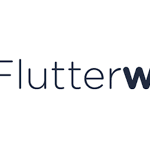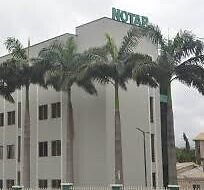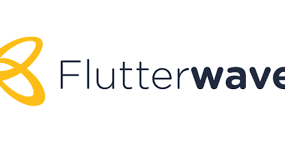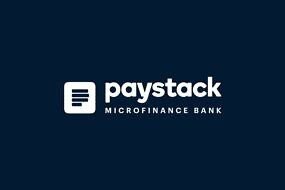As other multinational companies pull back from Nigeria’s volatile business environment, French food giant Danone is making bold moves in the opposite direction. The Paris-based company, widely known in the region for its Fan Milk brand, is scaling up its investment and presence in Africa’s largest consumer market, banking on signs of macroeconomic recovery.
“We are convinced about the potential of Nigeria,” said Christian Stammkoetter, Danone’s head of Asia, Middle East, and Africa, during the Africa CEO Forum in Abidjan. According to Stammkoetter, the company’s strategy includes expanding its market reach and strengthening distribution channels, particularly in Nigeria’s north, where recent investments have focused on boosting milk supply chains to reduce operational costs and increase profit margins.
Danone’s renewed commitment comes as a contrast to the wave of corporate exits triggered by Nigeria’s recent economic reforms. Major international players like GlaxoSmithKline (GSK), Unilever, and Procter & Gamble (P&G) have either scaled back operations or completely exited the market. These decisions stem from the financial turbulence that followed the liberalisation of Nigeria’s foreign exchange system and subsidy removal — reforms spearheaded by President Bola Tinubu nearly two years ago.
Despite leaving, many firms have held onto their Nigerian assets. Procter & Gamble, once the largest non-oil American investor in Nigeria, ceased production at its $300 million facility in Agbara, Ogun State, in 2017. “Those assets are now being used to support import-based operations,” revealed P&G’s Chief Financial Officer, Andre Schulten, at a Morgan Stanley conference in New York.
Yet, signs of stabilisation are emerging. After losing over 70 percent of its value, the naira is slowly rebounding. Between 1–8 May 2025, the Nigerian currency appreciated by ₦2.15, closing at ₦1,600.03 per US dollar in official markets, compared to ₦1,602.18 at the start of the month, according to the Central Bank of Nigeria. In the parallel market, the naira has hovered within a relatively tight band of ₦1,600–₦1,625.
Inflation, which recently hit a 27-year high, is beginning to ease — a development that could help restore investor confidence. For Danone, these signals are strong enough to justify a deeper push into Nigeria’s massive consumer market.
“We will continue doubling down through innovation and expansion of our routes to market,” Stammkoetter added.
While some competitors may have backed away, Danone seems intent on solidifying its place in a challenging yet potentially rewarding terrain.
Related News
- NOTAP Flags Rising Revenue from Local Software Creations
- Flutterwave Adds Stablecoin Balances to Payment Suite
- Moniepoint Launches Second Cohort of DreamDevs Initiative
- Paystack Steps Into a New Money Game, Acquires Nigerian Microfinance Bank
- From Anfield to Angel Investing: How Liverpool’s Cody Gakpo Is Building a Tech Portfolio While Scoring Goals
- NITDA Announces Initiative to Train 50 Million Nigerians in Digital Literacy













One reply on “Danone Eyes Nigeria Growth While Others Leave”
[…] with China’s BAIC Motor Corporation Limited to explore the use of battery swap technology in Nigeria. This move aims to support Nigeria’s clean energy goals and transform the country’s […]